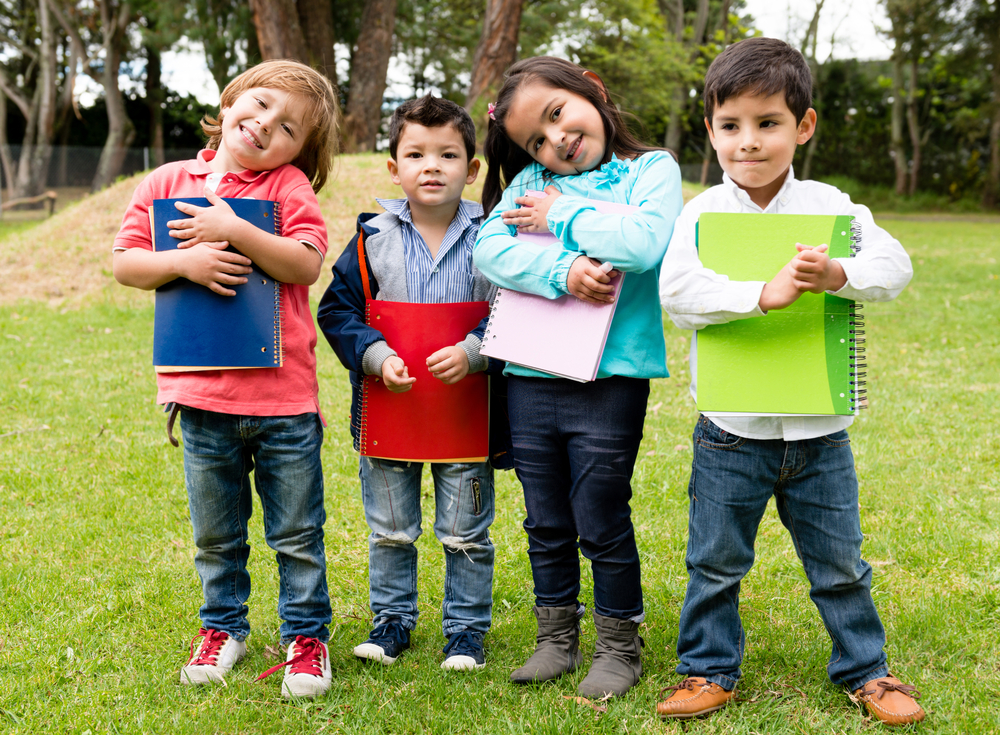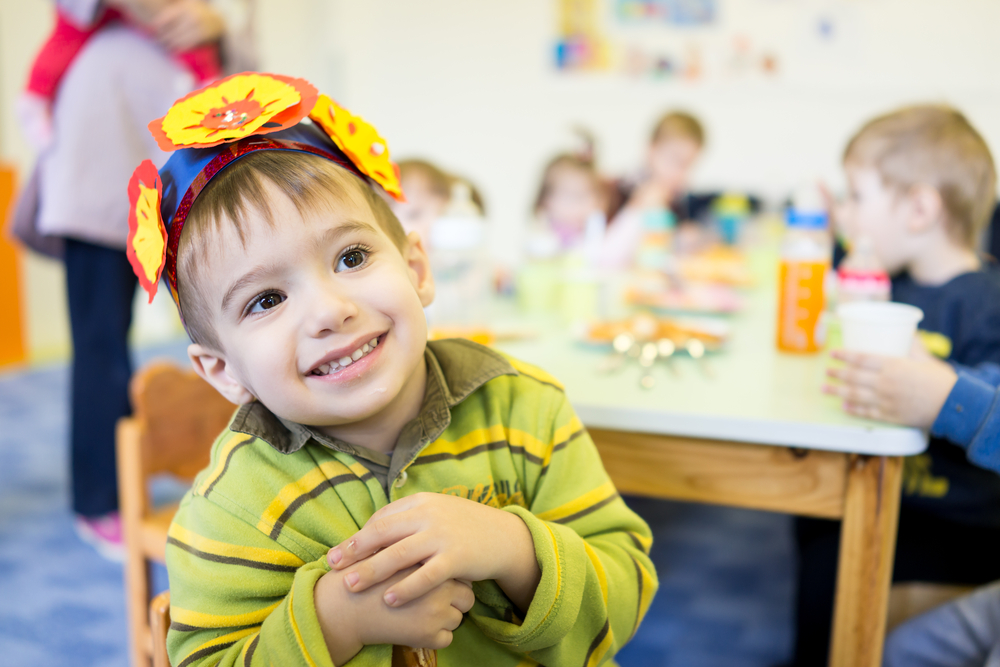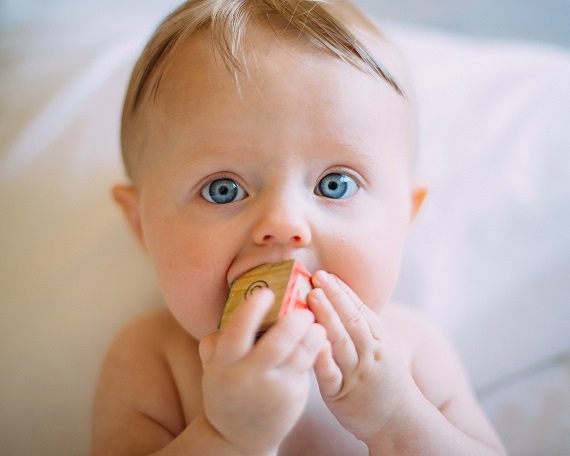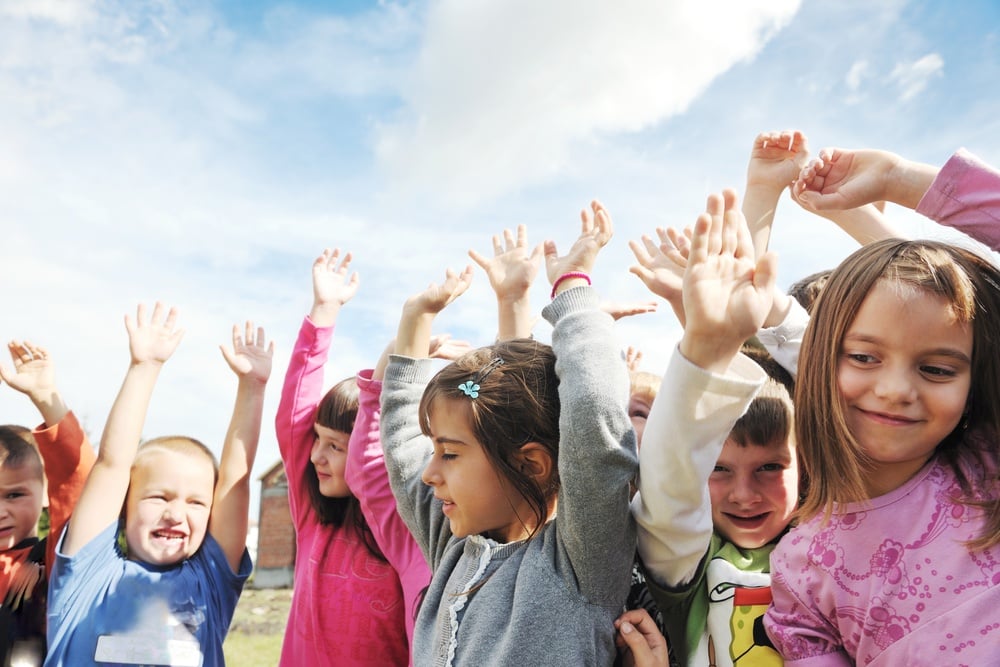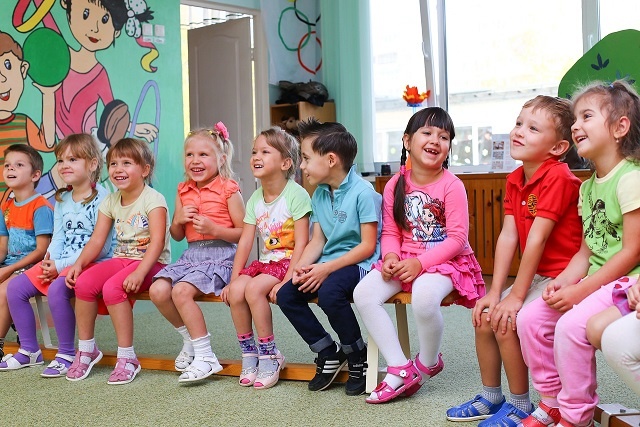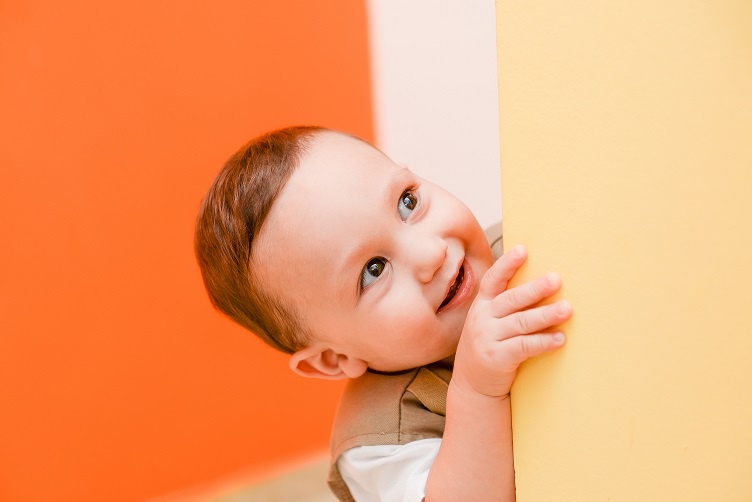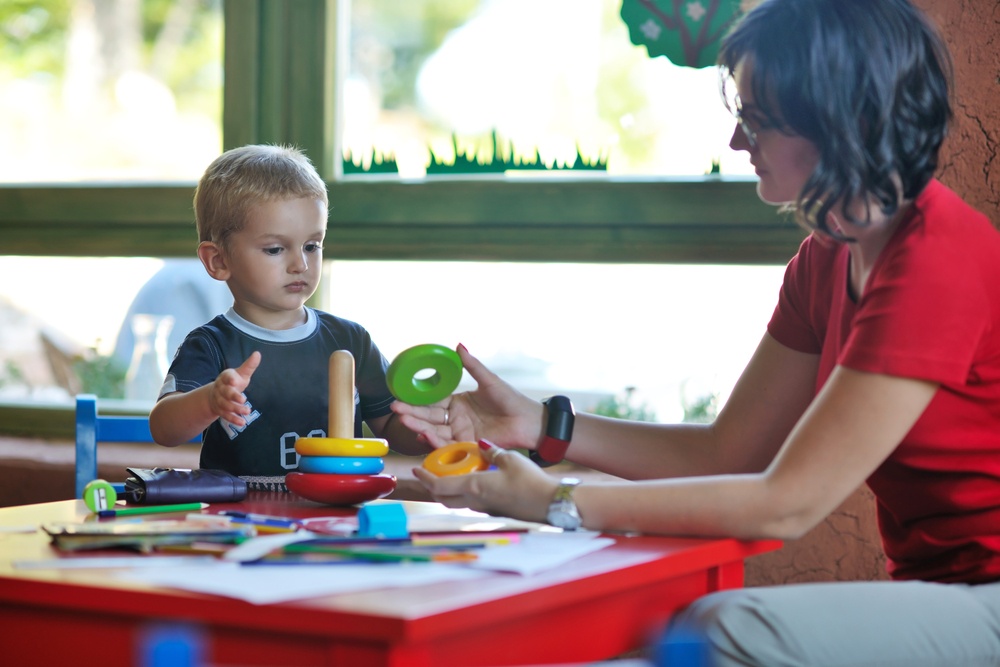Updated December 2025
In Canada, the term early childhood education refers to the education of children 12 years and under. The field includes children at the preschool and elementary school level.
These are the most crucial years of human development. During the first five years, children reach many physical, cognitive, emotional, and social development milestones.
This is why early childhood educators play such an important role in our academic system and society.
ECEs are a child’s first teachers outside of the home. They help lay the foundation for a child’s well-being and success in school and in life.
So, what exactly are your career options as an early childhood educator? Where can a college certificate in this field take you?
You have more options than you might think. Here are four different positions you will qualify for with a college certificate in early childhood education.


